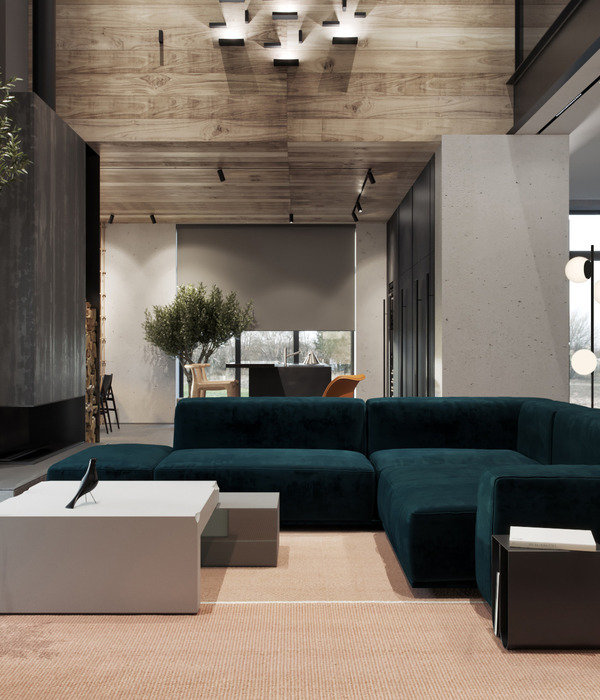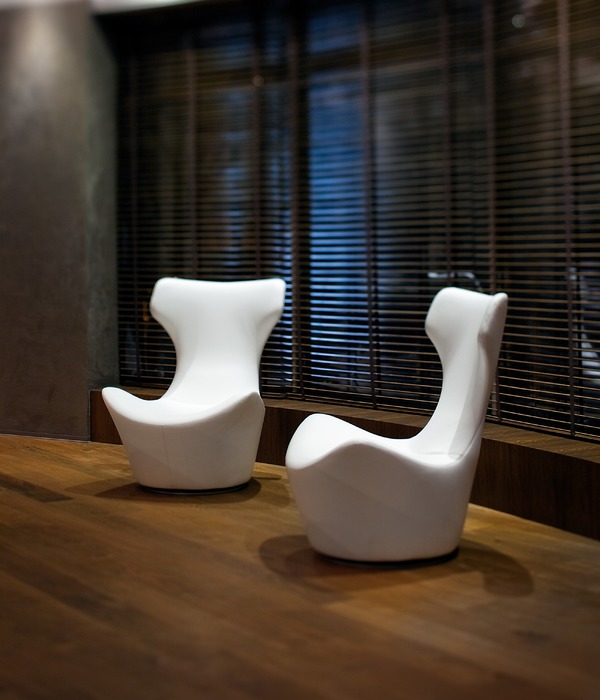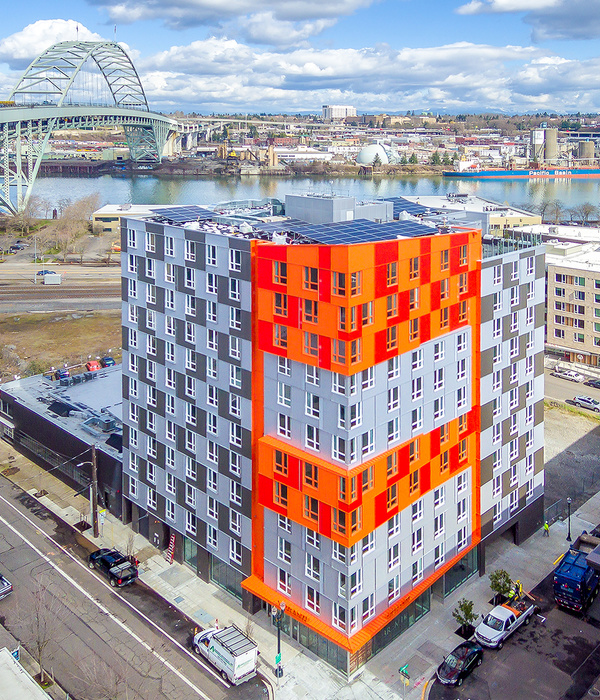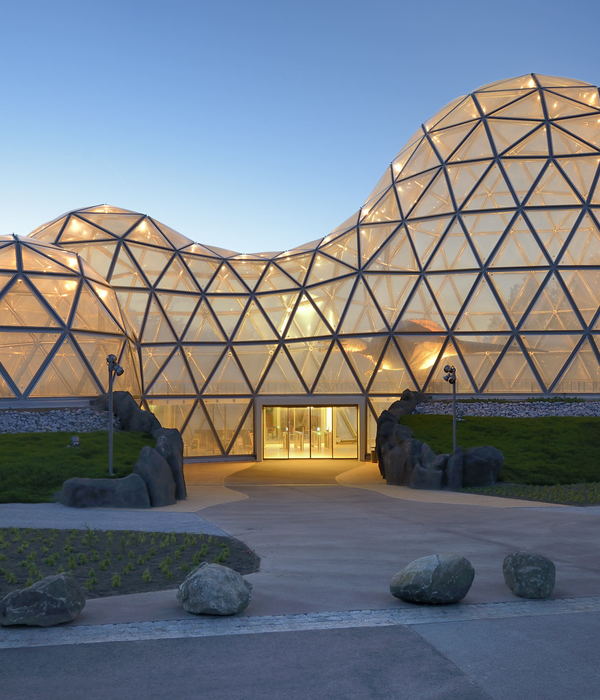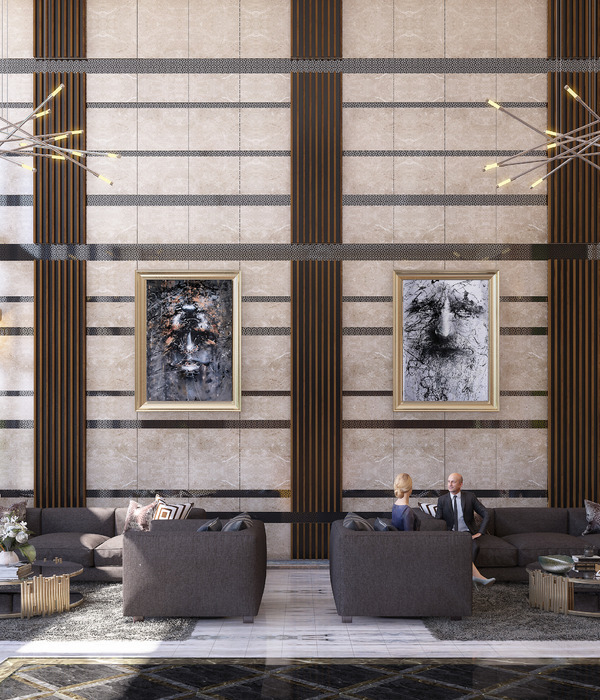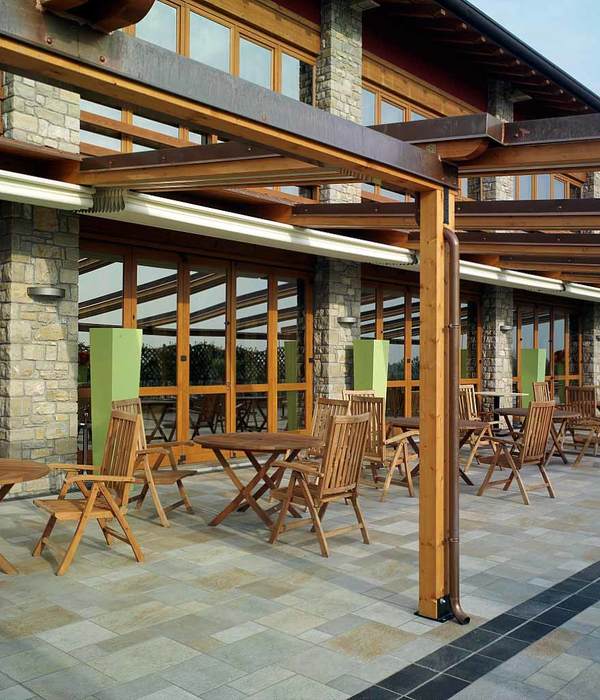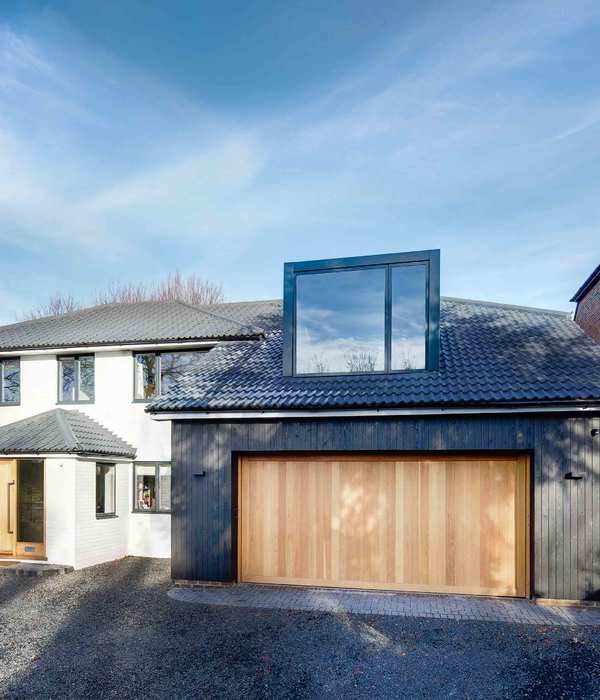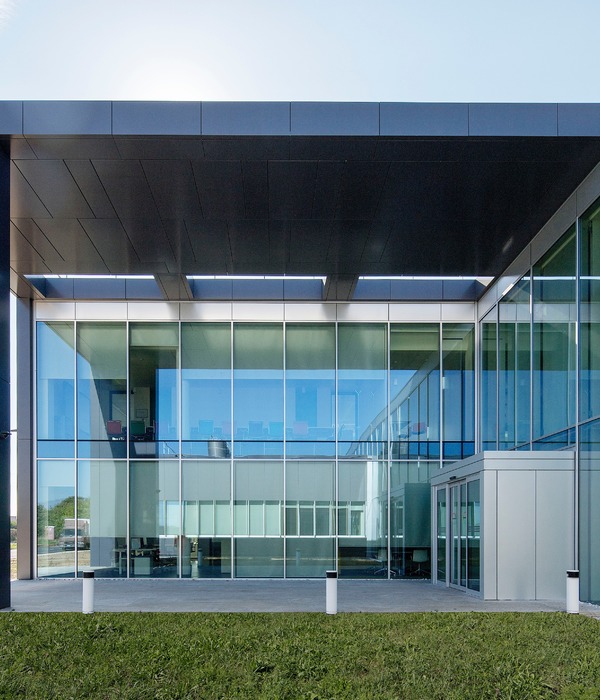Architects:SmithGroup
Area :150000 ft²
Year :2021
Photographs :Randall Howard, Ian Allen, Mark Zajdzinski, John Linden
Manufacturers : Terrazzo & MarbleTerrazzo & Marble
Architect of Record :Bill Diefenbach
Structural :Saiful Bouquet Structural Engineers
Civil :KPFF Consulting Engineers
Landscape :Spurlock Landscape Architects
Acoustics :Colin Gordon Acoustics
Project Executive : Bonnie Khang-Keating
Principal In Charge : Sandro Bressi
Project Manager : Kimberly Kilgour
Design Principal : Francisco Owens
Lead Interior Designer : Kayoung Yu
Project Architect : Cathy Pack, Mark Zajdzinski, Robert Crawford
Leed Specialist : Harshana Thimmanna
Lead Lab Planner : Alex Munoz
Lighting Designer : Matt Alleman
Building Technology Specialist : Andrew Dunlap
Client : California Institute of Technology
General Contractor : Hensel Phelps
Mechanical, Electrical & Plumbing : Affiliated Engineers
Data : The Sextant Group
Wind : CPP
City : Pasadena
Country : United States
At the Chen Neuroscience Research Building’s center is a space called the 'Nucleus'. It visually connects all Principal Investigator offices, formal and informal meeting spaces. A skylight lined with glass tiles bathes the space in light from above with a softly shimmering glow. This space stands in contrast to the systematic order of the laboratories through a fluid and organic expression. The Nucleus' emotional intent is to inspire and reflect the moment of a scientific breakthrough. Like a clearing in the forest that gives one a sense of discovery, the Nucleus aspires to bring the research groups together around their central purpose of understanding our human mind.
Mimicking the helix linking pieces of DNA, the entrance lobby reveals a serpentine stair that meanders up into the building’s nucleus and central gathering space. This journey is not linear and the arrival at the Nucleus is unexpected. Transparency and order are the guiding concepts for the laboratories. Glass walls and doors ensure natural light and ease of movement between computational work and environmentally controlled research space.
Equipment and systems are thoughtfully organized and unified through a warm color palette with accents of color that act as coded elements to ease wayfinding. These gestures come together with the intent of bringing a softer, more human touch to spaces dedicated to hard science. Working collaboratively with the stakeholders and research teams, we worked organically through the discovery process, and like putting puzzle pieces together, created an organized system of circulation paths, focus spaces, open offices, and lab space that maximize flexibility and bring daylight into the deepest part of the core building.
This organized system of serendipitous circulation and collaborative spaces intentionally set out to create a collision of cross-scientific research group collaboration. Using design as a means to foster and promote these spontaneous interactions, it was critical to ensure these public areas were warm and inviting.
With an integrative design specifically designed to foster learning and interaction among the world’s top neuroscientists, the Chen Neuroscience Research Building brings researchers one step closer to unlocking the great mysteries of the brain. This project’s strong architectural vision and planning to foster collaboration and serendipitous interaction, the new Chen Neuroscience Research Building is an exploration of open connected spaces filled with natural daylight and views. The result is a place to focus, postulate, imagine and conduct the rigorous discourse necessary to unravel the foundations of the human mind and propel science forward as we better understand the capacity and intricacies of the brain.
▼项目更多图片
{{item.text_origin}}


